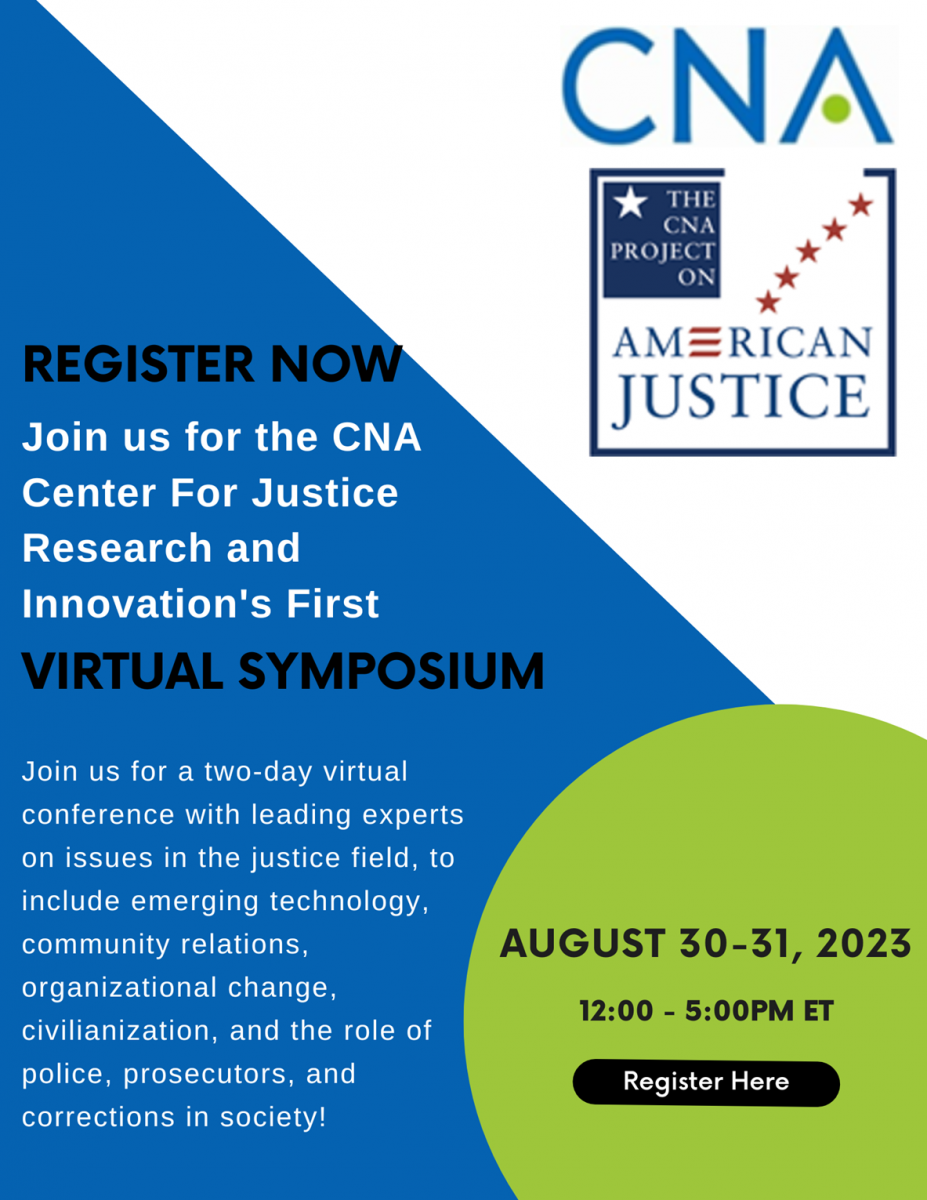Ghost Guns: Past, Present, and Future
The NYPDs Major Case Field Intelligence Team is responsible for investigations related to Ghost Guns in New York City. The team has been conducting these investigations for nearly four years and have developed several proactive investigative models in conjunction with their partners in the Manhattan District Attorneys Office. During this presentation, attendees will be taught the basics on ghost guns and the various ways that they can be manufactured. That first portion of the presentation will lead into a discussion on what would be involved in starting up a proactive Ghost Gun investigative program. Finally, Manhattan Ghost Gun prosecutor ADA Bonnie Seok from the Manhattan District Attorneys Office will discuss the general topic from a prosecutors point of view and speak about some of the success stories her office has had working with the Major Case Team.
Presented by:
Bonnie Seok, Assistant District Attorney
John Uske, Detective, New York Police Department
Michael Billotto, Detective, New York Police Department
